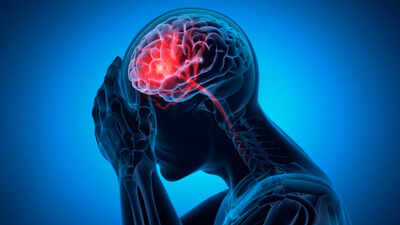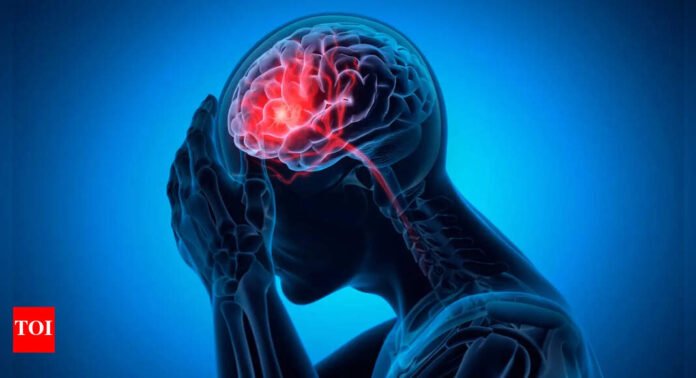Understanding the Link Between Brain Injury and Criminal Behavior

A recent study shows a possible link between brain damage and criminal behavior. It focuses on the disruption of the uncinate fasciculus pathway. Researchers found that damage to this area, which connects emotion and decision-making regions, is linked to increased criminal activity. This raises important ethical questions about responsibility and the role of brain injury in legal cases.
How Brain Injury Might Influence Criminal Behavior
Can brain changes turn law-abiding citizens into criminals? A new study suggests that damage to a specific brain region might contribute to criminal or violent behavior.
Researchers from the University of Colorado Anschutz Medical Campus, Brigham and Women’s Hospital, and Harvard Medical School have uncovered new insights into the brain’s role in violence and moral decision-making. Their findings are published in Molecular Psychiatry.
Key Findings: Disruption in the Brain Pathway

To understand the link between brain injury and criminal behavior, researchers examined brain scans of individuals who began committing crimes after brain injuries from strokes, tumors, or trauma. They compared these scans with those of individuals with other neurological symptoms, such as memory loss or depression.
They found something striking. Injury to a specific brain pathway on the right side, called the uncinate fasciculus, was common in people with criminal behavior. This pattern was also seen in those who committed violent crimes.
“The uncinate fasciculus is a white matter pathway that connects regions governing emotion and decision-making. When this connection is disrupted on the right side, a person’s ability to regulate emotions and make moral choices may be severely impaired,” said Christopher M. Filley, MD, professor emeritus of neurology at the University of Colorado School of Medicine and co-author of the study.
“While brain injury is known to cause problems with memory or motor function, its role in social behaviors like criminality is more controversial. It raises complex questions about culpability and free will,” said Isaiah Kletenik, MD, assistant professor of neurology at Harvard Medical School and lead author of the study.
Expert Insights

Kletenik noted that during his training in behavioral neurology at the University of Colorado School of Medicine, he evaluated patients who began committing violent acts due to brain tumors or degenerative diseases.
“These cases sparked my interest in the brain’s role in moral decision-making. I learned new neuroimaging techniques at the Center for Brain Circuit Therapeutics at Brigham and Women’s Hospital and Harvard Medical School to further explore this,” Kletenik said.
To confirm their findings, the researchers conducted a full connectome analysis, using a detailed map of brain connections. This analysis showed that the right uncinate fasciculus was the neural pathway most consistently linked to criminal behavior.
“It wasn’t just any brain damage; it was damage to this specific pathway. Our finding suggests that this connection may play a unique role in regulating behavior,” Filley said.
The Role of the Specific Pathway
The uncinate fasciculus connects brain regions involved in reward-based decision-making with those that process emotions. When this link is damaged, particularly on the right side, it may lead to difficulty in controlling impulses, anticipating consequences, or feeling empathy. These issues can contribute to harmful or criminal actions.
Not Everyone with an Injury Turns Violent

The researchers also found that not everyone with this type of brain injury becomes violent. However, damage to this tract may play a role in the onset of criminal behavior after injury.
“This work could have real-world implications for medicine and the law. Doctors may be able to better identify at-risk patients and offer effective early interventions. Courts might need to consider brain damage when evaluating criminal responsibility,” Filley added.
Kletenik noted that the findings raise crucial ethical questions: “Should brain injury factor into how we judge criminal behavior? Causality in science is not the same as culpability in the eyes of the law. Still, our findings provide useful data that can help inform this discussion and contribute to our growing knowledge about how social behavior is mediated by the brain,” he said.



